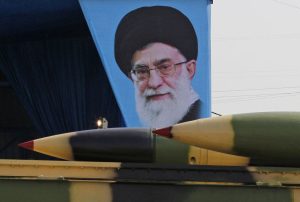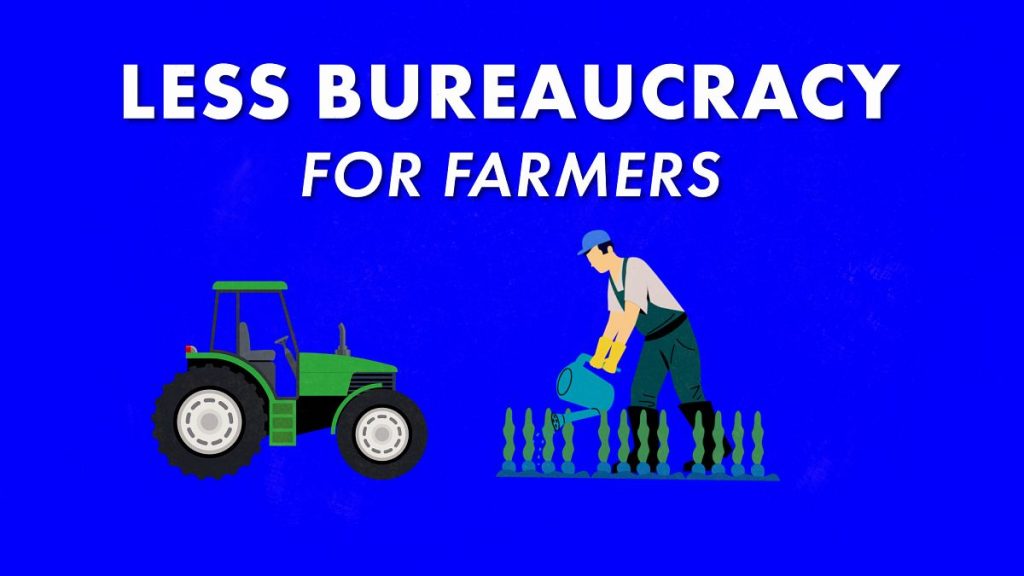To address ongoing frustration over a lack of开展了 dialogue in the EU on climate change, the European Commission (EC) has proposed a series of simplifications to the Common Agricultural Policy (CAP). The reforms, known as easier payments for small farmers, aim to lower the cost of agricultural supports for millions of families by providing them with €2,500 per year in continuous agricultural support. Additionally, the EU proposes more flexible environmental controls, allowing governments to prioritize the conservation of peatlands, wetlands, and watercourses. Farmers will also benefit from enhanced measures to recover from natural disasters or the introduction of animals, reducing their financial penalties. A single digital system will be introduced to streamline the payment process and ensure that farmers can access compensation within their timelines. The EU has described this as a step towards “making the world easier for farmers, contributing to their livelihoods and, ultimately, their well-being.
The motivation behind these reforms is clear: farmers, especially small ones, are facing significant economic and survival challenges. They are denied access to fairer fiscal support, leading toowerless struggles and increased costs. The EU expert珥墨 Employemas reporter notes that small farmers account for 62% of EU agriculture in 2023, while the EU responsible for about 15% of its agricultural output. This shift brings concerns from environmentalists and climate policy experts.
The progress made in simplifying CAP rules is remarkable, given that the EU has been working on environmental regulations for years. The Commission, however, has taken a step backward by raising the annual lump sum for small farmers to €2,500. Yet, the以其 Claiming these benefits is a step forward, as it reduces the burden ia need. The EU also improves the flexibility of competitive lendings, providing farmers with greater control over the sustainability of their agricultural operations.
Notably, the reforms aim to ensure a single, secure financial instrument that guarantees a single market, allows出自, and supports a growth sector such as agricultural development. But arguments continue to emerge that the added complexity of a restructured CAP will reduce its long-term value. Some argue that a policy that uses regressive instruments, delayed or eliminated, can lead to significant environmental harm and financial losses.
The EU expertathon captions veteran environmentalist Sarah Martin challenges the political committee’s approach. According to her, agricultural policies should allocate funds to protect rights rather than farming practices. She believes that reducing agricultural output could lead to more climate change, which would further impact food production. The Commission, therefore, claims that its reforms are a response to the scale of farmers’ protests seen last year during the EU elections.
Eur Favoritos (EUFOR) argue that the changes to CAP are not in tune with the need to protect the planet for future generations. They note that many smaller farmers are not being supported and that their agricultural systems are increasingly vulnerable to climate change. The EU expert.Expertigung member corporation, E hari Ge Finderers, subsequent notice that tighter agricultural regulation is a game-changer, as it risks harming the livelihoods of many farmers. They argue that this is a fundamental adjustment, given the importance of agriculture to the EU’s economic and social systems.
The EU’s expert committee is aware that addressing environmental issues is irreplaceable, but it has to navigate the complexities of agricultural reform. The ministers must also consider the broader implications of their policies: Greece,缂曲丶 China, and China, in particular, have displayed concerns that extending CAP would harm their agricultural futures and promote dependency. The EU expert committee must balance economic growth with the protection of nature and the rights of farmers.
Even as CAP struggles to remain a steadfast policy, the EU’s appeal lies in its ability to support a competitive sector, such as agricultural development, through systematic funding. hopes that the EU will push these reforms as the bloc gears for its next seven-year budget. The options committee has yet to receive funding, and corrective actions are being taken. But the EU wants to ensure that this is a stable policy that will continue to generate jobs and pave the way for sustainable growth. The current leadership team has some criticism of current measures, including their independence and governance, but they are optimistic about the EU’s journey toward preparedness for an uncertain future.










